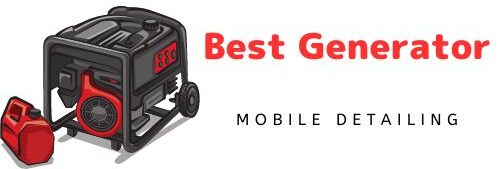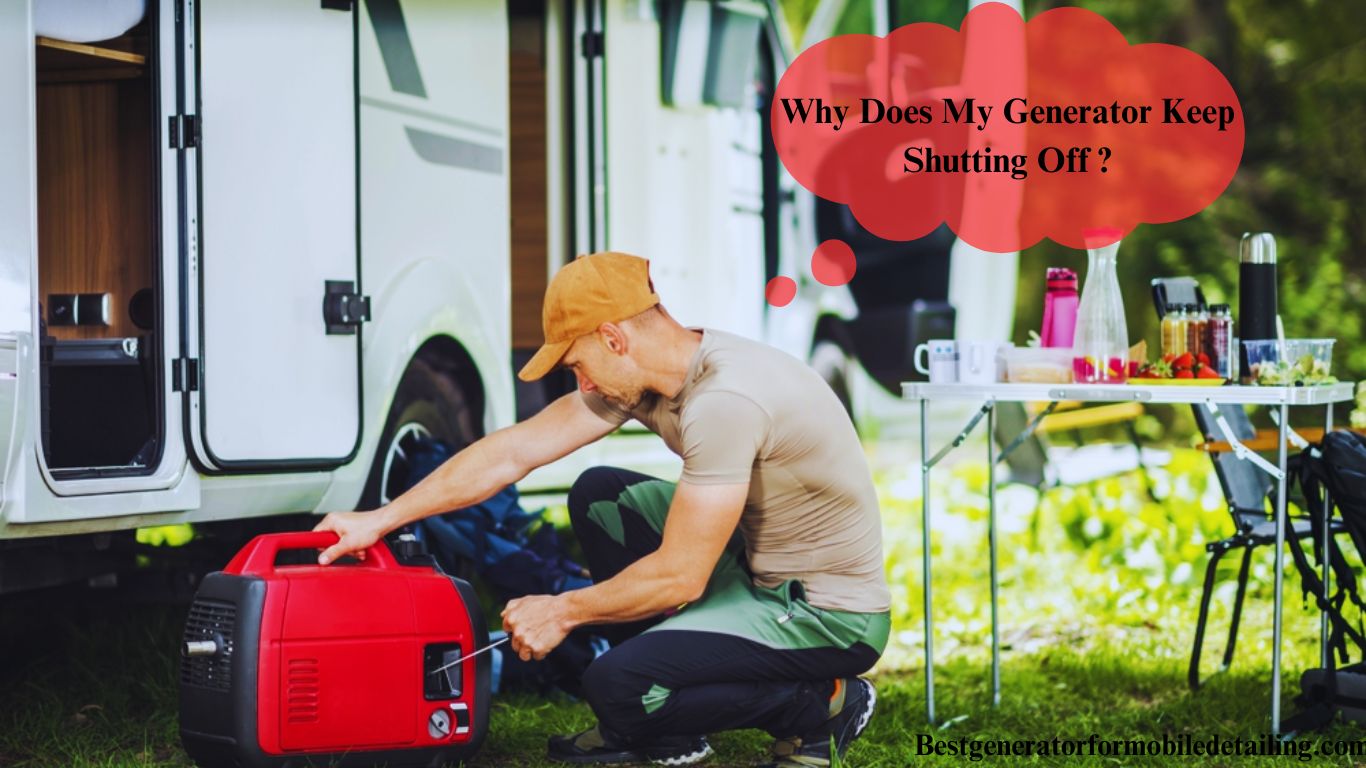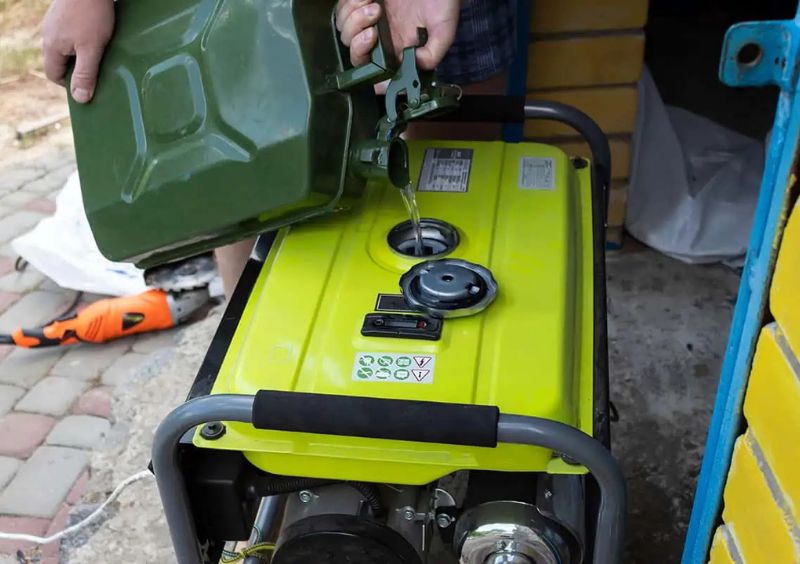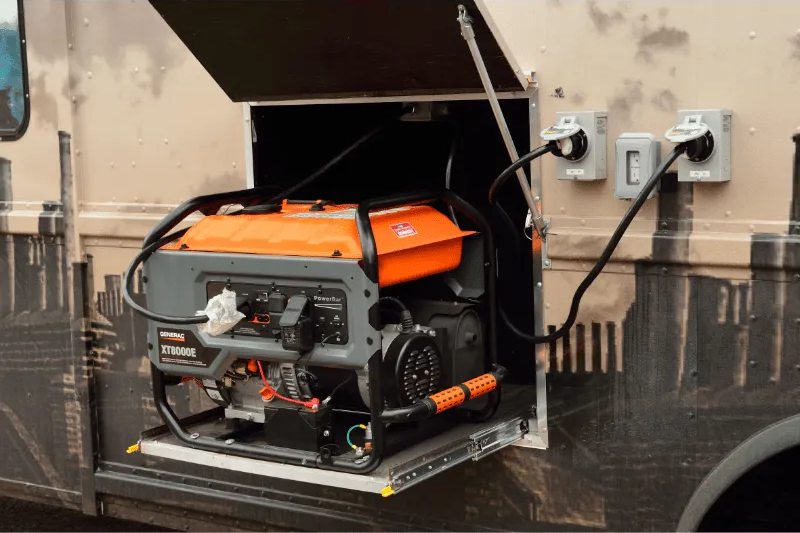The generators keep shutting off when issues like fuel supply disruptions, airflow restrictions, or electrical malfunctions interfere with their operation. When relying on a generator during a power outage or in an off-grid location, an unexpected shutdown can be frustrating.
In this guide, we explore the common reasons behind these interruptions and provide practical solutions to get your generator running smoothly again. By understanding these issues, we can ensure a reliable power source whenever it’s needed most.
A Brief Note on Generators and Portable Generators
Generators, including portable models, are engineered to convert fuel into electrical power and provide reliable backup during outages or on the move. Portable generators offer flexibility and mobility, making them ideal for various applications, yet they can be more prone to operational challenges due to varying environmental conditions and fluctuating load demands.
It is not uncommon for a generator to keep shutting off unexpectedly, leading to frustrating interruptions. Both stationary and portable generators rely on proper maintenance and correct usage to function reliably, ensuring consistent performance when power is most needed.
Common Causes for Generators to Keep Shutting Off

Overloading Issues
A generator keeps shutting off when it exceeds its power capacity. Overloading happens when the total electrical demand surpasses the generator’s rated wattage, triggering safety mechanisms like circuit breakers or fuses.
- Portable generators are often used for power tools, appliances, or mobile detailing equipment, each drawing significant wattage.
- If multiple high-wattage devices run simultaneously, the generator may struggle to supply sufficient power, causing it to shut down.
- Continuous overloading can lead to burnt wiring, damaged alternators, or permanent system failure.
Fuel Problems
Fuel issues are a primary reason why a generator keeps shutting off unexpectedly. Several fuel-related factors contribute to shutdowns:
- Low Fuel Levels: If the fuel runs low, the generator’s engine may stall and shut down automatically.
- Contaminated Fuel: Old or degraded fuel, mixed with water or debris, can clog the fuel lines, carburetor, and injectors, leading to inconsistent power output and eventual shutdown.
- Faulty Fuel Gauge: A malfunctioning gauge may provide inaccurate readings, making it difficult to determine when refueling is necessary.
- Vapor Lock: When fuel overheats, vapor bubbles form in the fuel lines, preventing proper flow and causing the generator to stall.
Oil Level and Quality
A generator shutting off repeatedly may be due to low oil levels or degraded oil quality. Most generators feature low-oil shutoff sensors, which automatically turn off the engine to prevent damage.
- Insufficient oil reduces lubrication, leading to increased friction, overheating, and engine wear.
- Poor oil quality, often caused by extended use or contamination with dirt and debris, affects the generator’s performance.
- External factors like temperature extremes may also accelerate oil degradation, especially in portable generators used outdoors.
Air Flow Issues
If a generator keeps shutting off, restricted airflow could be the culprit. Proper air circulation is essential for cooling the engine and facilitating combustion.
- A dirty or clogged air filter limits oxygen intake, causing an improper fuel-air mixture that disrupts engine performance.
- Debris, dust, or excessive moisture in work environments or outdoor settings can accelerate filter clogging.
- Without proper airflow, the generator may overheat and shut down as a protective measure.
Spark Plug Malfunctions
Faulty spark plugs are a common cause of a generator shutting off unexpectedly. The spark plug is responsible for igniting the fuel-air mixture inside the engine’s combustion chamber.
- Worn or corroded spark plugs lead to misfiring, inefficient combustion, and engine stalling.
- Carbon buildup or oil residue on the spark plug affects its ability to generate a strong spark.
- A loose or improperly gapped plug may disrupt ignition timing, causing erratic engine behavior.

Overheating
A generator shutting off due to overheating is a common problem, especially in high-demand environments. Excess heat buildup can lead to component failure, thermal expansion, and engine seizures.
- Overheating may occur when the cooling system is obstructed by dirt, dust, or debris.
- Running the generator at maximum load for prolonged periods increases heat stress on internal parts.
- Lack of proper ventilation or placing the generator in enclosed spaces restricts airflow, leading to temperature spikes.
Carburetor Problems
A malfunctioning carburetor can cause a generator to keep shutting off, especially if fuel delivery is disrupted.
- Gummed-up carburetors result from stale fuel, varnish buildup, or dirt accumulation, leading to poor combustion and engine stalling.
- A clogged fuel jet prevents proper fuel mixing, causing the engine to run rough or shut down intermittently.
- A flooded carburetor may send excess fuel into the engine, leading to sputtering and sudden shutdowns.
Choke Position Issues
Improper choke settings affect fuel combustion, leading to generator shutdowns.
- A fully closed choke restricts airflow, causing the engine to stall.
- A fully open choke during cold starts leads to rough idling and eventual shutdown.
- If the choke linkage is stuck or misaligned, the engine may struggle to maintain consistent operation.
Aging Electrical Infrastructure
If a generator keeps shutting off, the electrical wiring or circuit breakers could be failing. Older electrical systems may have:
- Frayed or corroded wiring, leading to power interruptions.
- Weak or malfunctioning circuit breakers, causing unnecessary trips.
- Loose electrical connections, resulting in fluctuating voltage and erratic shutdowns.
Faulty Automatic Shutdown System
Generators have built-in automatic shutdown features to protect against low oil, overheating, or fuel supply issues. However, sensor malfunctions can trigger false shutdowns.
- A defective oil sensor may incorrectly detect low oil levels and shut the generator down.
- Faulty temperature sensors may misread engine heat, causing unnecessary shutdowns.
- Wiring defects in the shutdown system can cause the generator to turn off unexpectedly.
Mechanical Glitches
Internal mechanical problems may cause a generator to keep shutting off.
- Loose or misaligned valves, rods, or gaskets affect engine efficiency.
- Excessive vibration or worn-out engine mounts can disrupt power delivery.
- Malfunctioning governors may fail to regulate engine speed properly.
Additional Factors
Other factors that can contribute to a generator keep shutting off include environmental conditions, such as extreme temperatures or high humidity, which may affect engine performance. Electrical load imbalances or intermittent connectivity issues can also be underlying contributors.
Marion Woods is an accomplished generator technology expert with over 15 years of experience, currently serving as the Chief Technology Officer at GenTech Power Solutions. She holds a Master’s degree from MIT and specializes in enhancing generator efficiency and integrating renewable energy sources. Marion is a respected author and speaker in the engineering community, dedicated to pioneering sustainable power solutions.





1 thought on “Why Do My Generators Keep Shutting Off? Causes and Solutions”